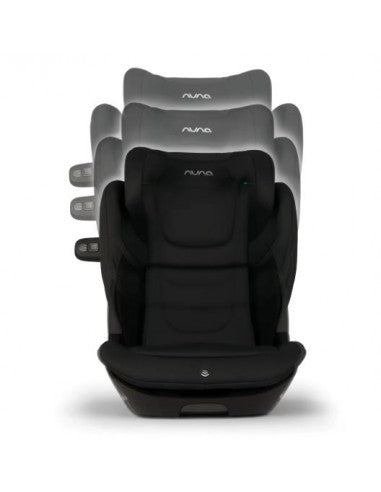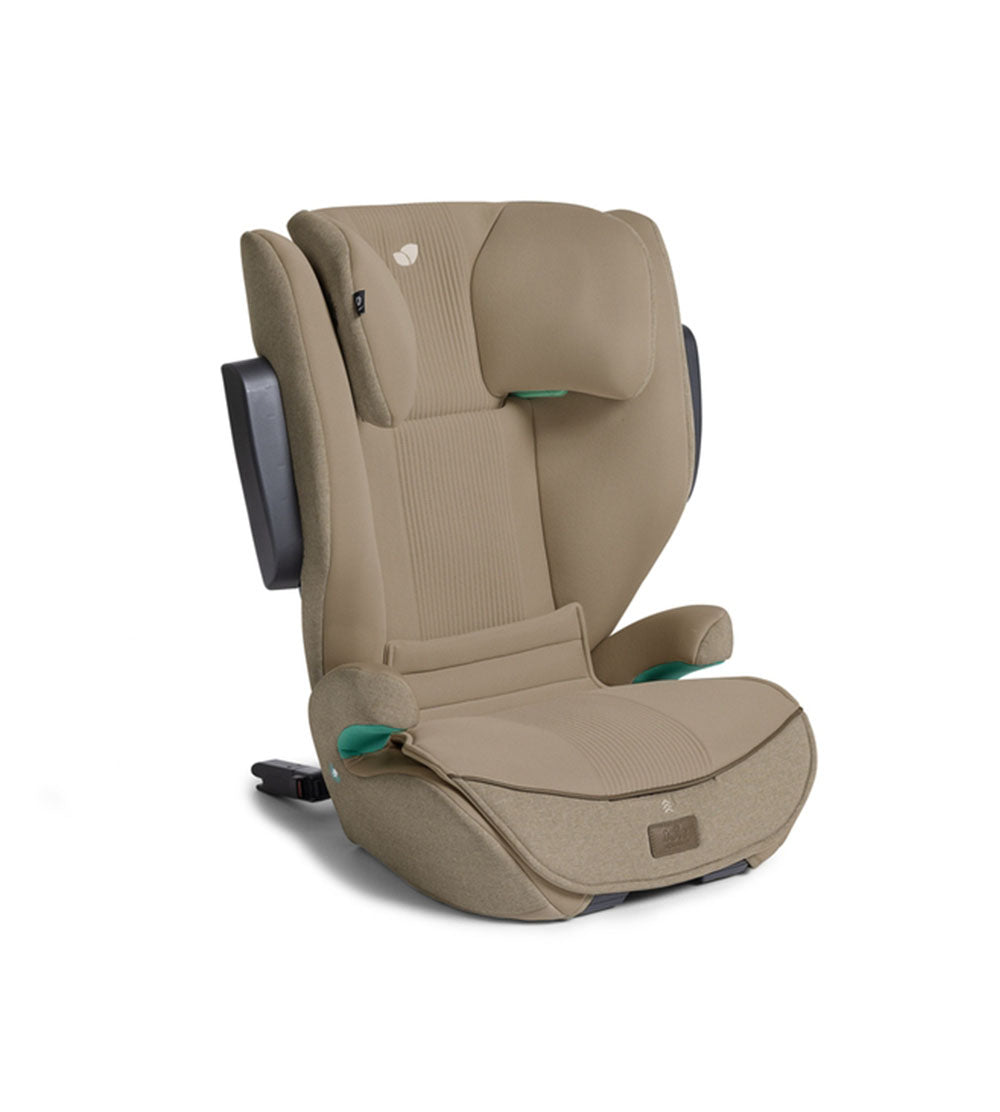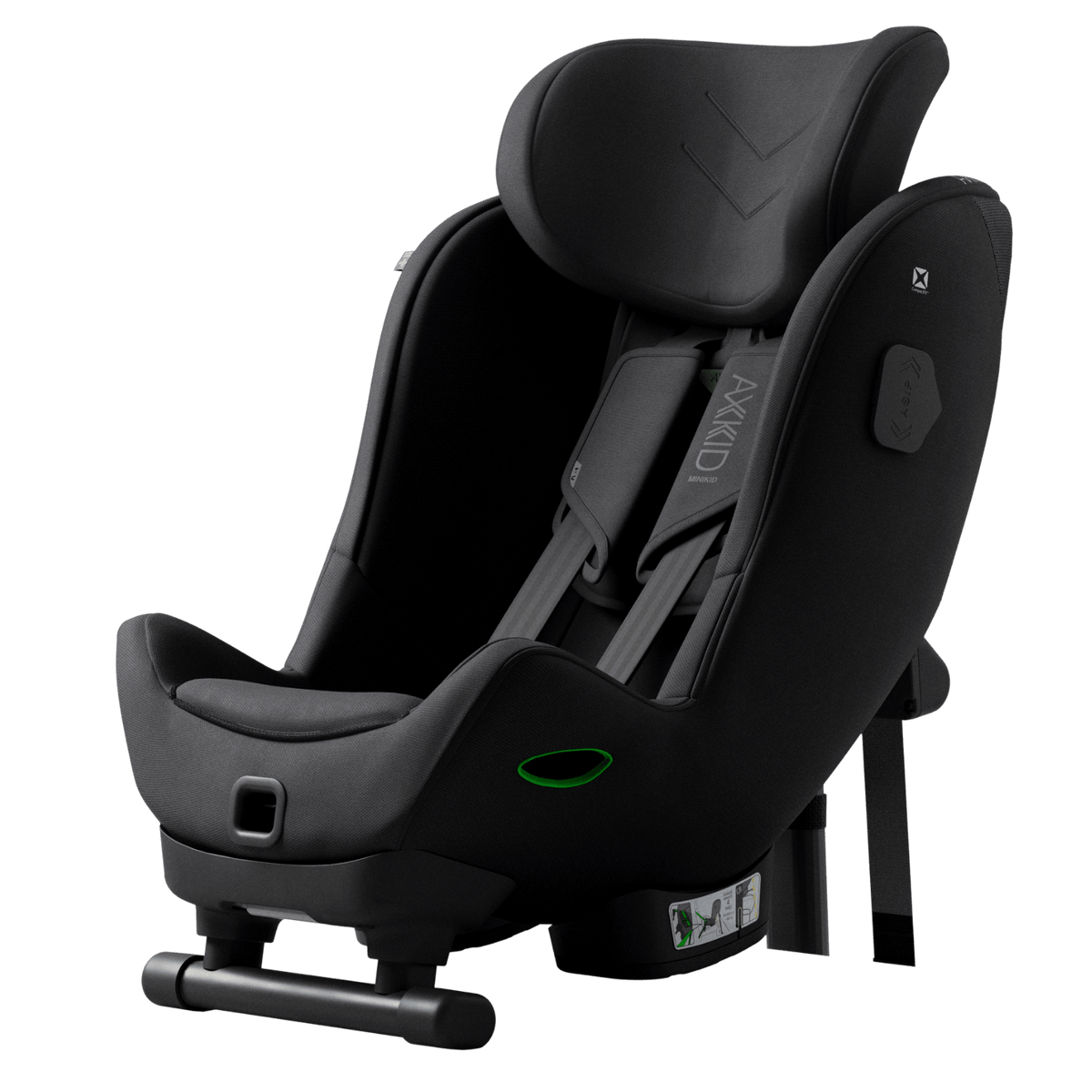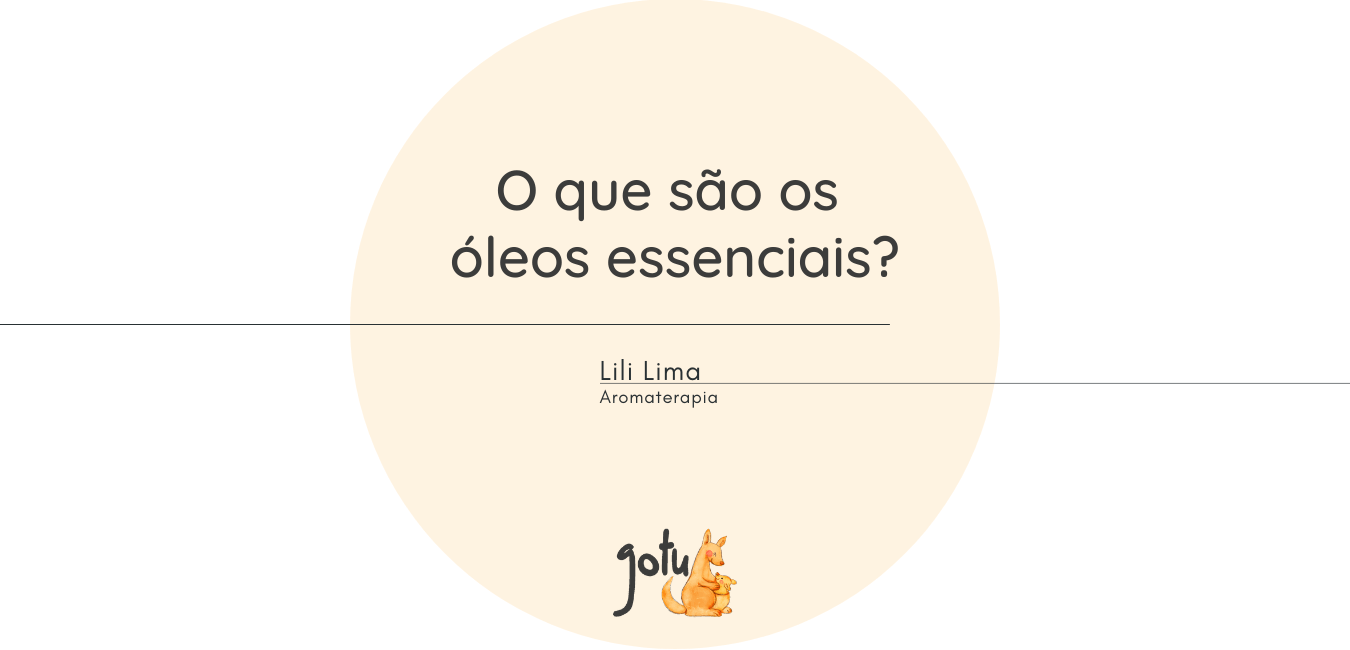Essential oils are oils obtained from plants, flowers, leaves, fruits, seeds, roots and bark through various extraction methods, such as steam distillation, cold expression of citrus peels and extraction of fatty substances.

They are natural, complex and highly volatile chemical compounds. They are characterized by a strong aroma and have properties that can help us physically and emotionally.
There are essential oils to be used by the food, pharmaceutical and perfume industries – where the largest consumption of essential oils in the world comes from.
This use can be done in different ways, the most common being inhalation and skin application.
Safe use recommends the most delayed and effective use possible, thus: diffuser, inhaler, topical application and in SOS, extreme need and WITH PROPER MONITORING BY A SPECIALIZED AROMATHERAPIST: ingestion.
We all know that plants and nature have a lot to offer us. We know that a good diet helps us on many levels and we know that teas have countless benefits for our health.
In a similar way, but much more powerful, each essential oil, according to its chemical composition, acts differently in our body, with distinct properties. The oils can be used alone or combined with each other, in synergies, providing other equally beneficial results.

Aromatherapy is the branch of Phytotherapy that studies aromatic substances to promote health and well-being.
Uses aromatic essential oils with therapeutic efficacy to improve the health of the body, mind and spirit.
It has been gaining recognition in the fields of science and medicine, although its use dates back thousands of years.

Essential oils are always used with a specific objective in mind, a need, and taking into account who needs them.
It is, naturally, different whether a child, a healthy adult or an elderly person uses essential oils, in the same way that with medicines we cannot use the same dosage or doses.
Aromatherapy is not a substitute for medicine. It is not possible to avoid a diagnosis. It is a complementary form of treatment and care.
Some examples of applications of essential oils:
- pains
- rhinitis/sinusitis
- sleep
- reduce stress, agitation and anxiety
- reduce inflammatory processes
- fight bacteria, viruses or fungi
- regulation of the gastrointestinal tract
- recovery from respiratory problems
- increase immunity
- healing of wounds or other skin problems (treatment of eczema, warts, atopic skin and anti-wrinkles)
- hair strengthening
- control of hormonal problems
- enhance concentration, creativity and a sense of well-being
- cleaning and disinfection
- repellent and treatment of bites (midges, lice, etc.)
- promotion of blood circulation
- significant improvement in the most common childhood problems (chickenpox, hand-foot-and-mouth disease, ear infections, urinary infections, gastroenteritis, flu and colds, among others).
When using essential oils, safety should always be sought.
If you need any more information, you can ask and follow the page HERE .





